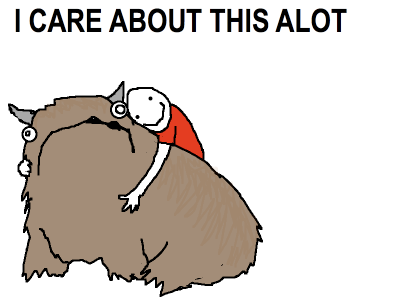Mair on pinyin on BBC Radio 4
BBC Radio 4's Word of Mouth program for 4/20/2010 deals with relations between Mandarin and English. Victor's segment of the program is about the role of pinyin. LL commenters may find a nit or two to pick with the program's online self-description, but Victor thinks they did a good job in weaving the interviews together to create the program:
Chris Ledgard looks at the Chinese and English languages, and the meeting point between the two. Will the Chinese language be affected by the growing influence of English? Pinyin is the Chinese method of writing Chinese characters in our alphabet. It produces a simplified version of Chinese for children to learn, and is also used for texting, slang and to make it possible to type on a keyboard. It also helps the rest of the world to understand Chinese words. Beijing is a pinyin word, for example. Will the use of Chinese characters eventually die out as the influence of pinyin and English is felt there? And we hear about the language war raging in Singapore, the only country in Asia with English as its first language, between standard English and Singlish, the local variant. Contributors include William Zhou, Chen "Cathy" Liu,"Pinyin Joe"- Joe Katz, Victor Mair and Singaporean podcaster extraordinaire "mr brown", aka Kin Mun Lee.
Unfortunately, the online version of the program will only be available for a few more days. (Why? I have no idea.)



